|
This is an excellent book subtitled 'Hermits, Recluses and Spiritual Outsiders in Medieval England' and states that it is historically 'unclear' how Celtic Christianity first spread in Ireland (between 500 - 800 CE) before spreading to the West Coasts of Scotland, Wales and Devon and Cornwall (South-West England). The Vatican has no records of its spread - although we know from the Roman ruins of 'villas' in the UK that in some Romano-British homes - 'Christianity' is included as one of many religions represented in the 'shrine rooms' between 100 - 400 CE (symbolised by 'two-dolphins' rather than a 'cross'). According to the research of Wolfgang Rhieie - Celtic Christianity takes on its distinctive form in Ireland and Britain after the collapse of direct Roman Rule in the region. Its monastic-based institutes advocated and supported the isolated 'hermetic' tradition over that of the collective cenobitical tradition. Lay-communities of Celtic Christians assisted the monastic establishment 'support' the monks living in caves and specially constructed cells. The inherent 'isolation' of these sacred places were thought of as 'door-ways' between this (material) realm and the (immaterial) realm of the divine. Through the profound contemplation of 'silence' - it was believed that the 'divine' would eventually 'revealed' itself inside the mind and body of the contemplative (denoting a successful 'mystical union'). Even lay-people were encouraged to participate in prayer-meetings and in the practice of self-isolatory contenplation. This tradition was not linked directly to the Vatican and is thought to have migrated independently from the Desert Father tradition of the Middle East (emphasising the example of St Anthony). (I did read in another study, that a Roman Centurian may have brought Apostolic Christian monasticism to the British Isles after he was stationed in Palestine). This eventually met with the Benedictine tradition arriving in England - which was fully endorsed by Rome. The two traditions appear to have 'influenced' one another - before the Benedictines absorbed (and made use of) the Hermetic tradition. Celtic Christianity as a distinct institution faded away as it had no direct contact with the Middle Eastern tradition from which it arose.
0 Comments
Charles Darwin’s theory of evolution through natural selection is elegant. Sometimes individuals mistakenly assume that evolution moves only in one direction only – as if for change to be valid it must be ‘progressive’ in a non-stop trajectory of development. The reality is something quite different. In fact, evolution occurs just as much by ‘regression’ as it does by ‘progression’ - such is the random nature of its unfolding. The human big-toe, for example, is actually a ‘deformed’ thumb similar that found on the human-hand today. At one time in human development, an early version of ‘us’ could climb trees and hold onto branches with the minimum of effort early in our development – similar to chimpanzees and other extant monkeys. However, when early humans took to pedal walking upright (along the ground), the thumbs on the ‘lower hands’ quite literally ‘devolved’ into a far more rigid ‘toe’ to aid balance and stability whilst standing, walking and running on two legs. This development ‘freed’ the human-hands to develop all kinds of dextrous activities which resulted in tool-making and the beginnings of the transformation of the environment. Positive developments within human evolutionary development, therefore, are not always ‘progressive’, and yet such ‘negative’ changes make way for some quite stunning improvements in human-activity and thought-processing, etc. This observation can be applied to the individual with regards self-cultivation. Not every change in life is ‘positive’ or necessarily ‘conducive’ to well-being or progression, and yet if used in an appropriate manner, can be adapted to advance our psycho-physical developments outside of our perceived safety zones. Sometimes, for human-beings to develop more completely, it is the ‘uncomfortable’ and the ‘unthinkable’ that must be embraced and treated like a long-lost friend. To achieve this, as individuals we must bravely advance into situations that usually we would possess no possible reason to be associated with. Many people, living in the modern world, are trained from birth to prefer those situations that confuse them least. Inherently, this also means that we tend to choose to live in situations that challenge us least. In a very subtle manner, we avoid the very challenges and conditions that would develop us the most, if only we allowed ourselves to manifest within them. Fear of failure, fear of suffering and fear of ridicule often keeps us from bravely exposing us to situations whereby we would not ‘voluntarily’ venture. Perhaps it is helping a homeless person covered in lice, urine and excreta, or assisting a disabled person with no social skills. It could be less obvious than this – such as mingling with those who hold intolerable ideological or political ideas. It could be an atheist mixing with a religionists – or a Socialist with a fascist, etc. My point is that sometimes, we must not artificially shut ourselves off from various realities just because we do not ‘like’ or ‘prefer’ them. Compassion and loving kindness work best when applied in situations and circumstance where neither of these attributes are thought to exist. If we firmly understand whatever spiritual, political or social reality we subscribe to, then our reasoning and logic should be so strong that exposure to contradictory ideas and situations should not ‘weaken’ but only ‘strengthen’ our resolve. Difference, although very real and tangible, should not be considered as an excuse for walling ourselves off from expressing a greater love for humanity whilst cultivating an insight into the spiritual essence of all reality. The Daoist sage Zhuangzi once said that a truly enlightened being must be indifferent to praise or blame – surely the only way to test this is to voluntarily enter into situations where we would usually never choose to enter. We must bring ‘light’ to the darkest corners of the Earth through such undertakings!
The UK has the highest Covid19 death-rate in the world! To date, over 100,000 men, women and children have died. Covid19 is no respecter of class, gender or age – we are all equally susceptible to its deadly embrace! In the Classic of Change (Yijing) - Hexagram 36 is entitled ‘明夷’ (Ming Yi). This is often translated as ‘Darkening of the Light’ or ‘Brightness Obscured’ with both renderings describing a time when the outside world (literally, figuratively – or both) – is plunged into a natural state of actual perpetual darkness (such as experienced during unusual weather conditions, volcanic activity, earthquake or Tsunami, etc), or is subject to corrupt leaders, debilitating warfare, illness, famine or drought, etc. The ‘brightness’ that denotes a progressive and vibrant society has been compromised so that normal activity in the world has become severely restricted or even non-existent due to the danger that is present. In fact, ‘明夷’ (Ming Yi) can convey a more in-depth explanation of events depicted in the situation. Indeed, ‘明’ (ming2) is constructed using the left-hand particle of ‘日’ (ri4) denoting ‘sun’ - and the right-hand particle ‘月’ (yue4) referring to the ‘Moon’. As both the ‘Sun’ and the ‘Moon’ are shining with full intensity, the Chinese ideogram means a situation of out and out ‘Brightness’. In the ancient Chinese-language texts – this ideogram referred to a time of day when the Sun is rising in the sky and the Moon has not yet disappeared – that is ‘Dawn’ - a time of great hope and inspiration for a new day ahead! This is the ‘ideal’ situation involving human society that is a ‘positive’ and ‘inspiring’ tine of unending clarity and insight – which allows great things to be achieved without end! As the ideogram ‘夷’ (yi2) is entering the situation, however, things have changed for the worse. This change is dramatic, traumatic, and out and out ‘negative’! There is no redeeming features and civilised human society has suffered a terrible set-back! The ideogram ‘夷’ (yi2) is comprised of the inner particle of ‘大’ (da4) which translates as ‘great’, ‘big’, or ‘large’, etc, literally ‘something greater than a person’. The outer ideogram is ‘弓’ (gong1) which refers to the use of a ‘bow’ as a weapon. This ‘bow’ is manufactured from a suitably ‘curved’ tree-branch which is strong and yet flexible. Due to this association, this particle can also carry the meaning of ‘bend’, ‘arch’, or ‘curve’, etc. That is, ‘something that is not straight’, or ‘departs from the norm’, etc. When placed together, ‘夷’ (yi2) can refer to a ‘great’ non-Han people who were experts in the use of the bow and arrow - and who lived to the ‘East’ of the Central Plane. In later times, this ideogram was used to refer to any disruptive population, group or tribe that continuously attacked and disruptive the everyday cultural activity of the Han people. As the ‘明夷’ (Ming Yi) Hexagram (36) uses the latter meaning of ‘interference from barbarians’ - this gives a clue when this Hexagram’s commentary was formulated (or at least ‘settled’) - which would have been after the life of Confucius (probably around 300 BCE). Confucius tends to see this tribe as ‘ancient’ rather than ‘disruptive’ - but in later times, this concept took-on the meaning of ‘obliterate’, ‘eradicate’ and ‘destroy’ through ‘violence’. As something bad has happened in society – the ‘wise-person’ turns-away from all forms of social interaction and intently ‘looks within’ to perfect his or her character. This is achieved through silent and seated meditation, interspersed with periods of study deep and profound philosophical texts that assist this process. This fits-in with the current Covid19 Crisis which involves a withdrawal from interacting within normal society to prevent the spread of the illness and keep one another (and the entirety of society) safe! Master Xu Yun (1840-1959) would have told us all to behave ourselves and behave with civility and discipline!
|
Archives
March 2024
Categories
All
|
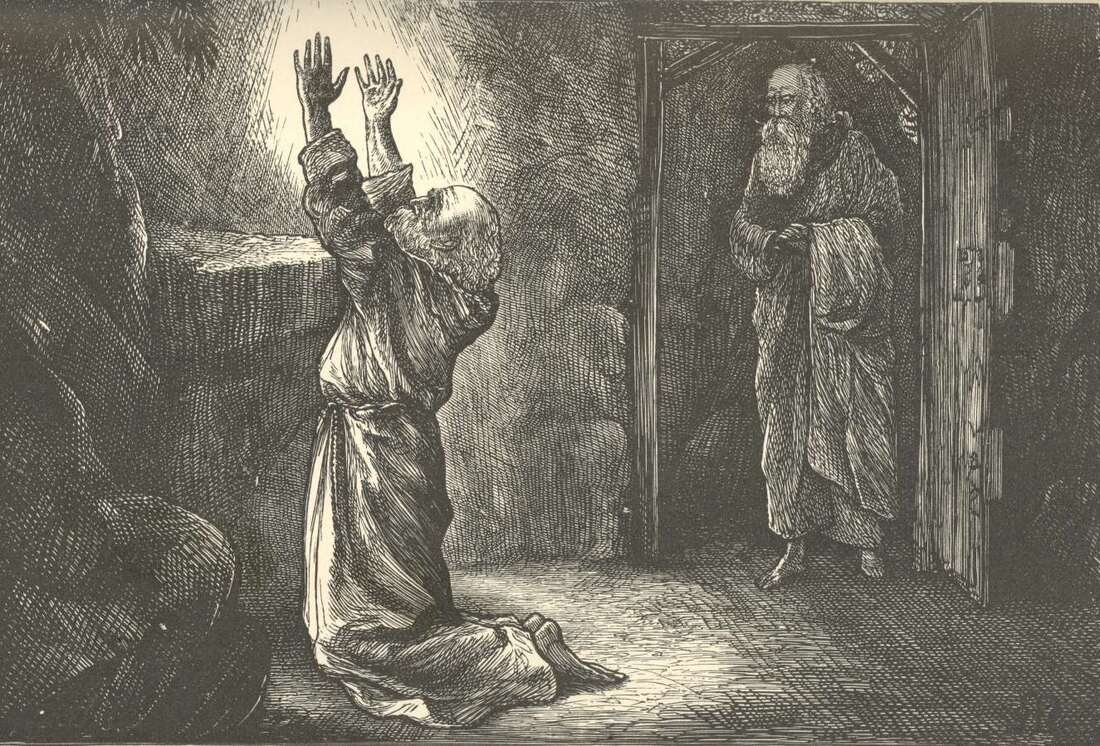





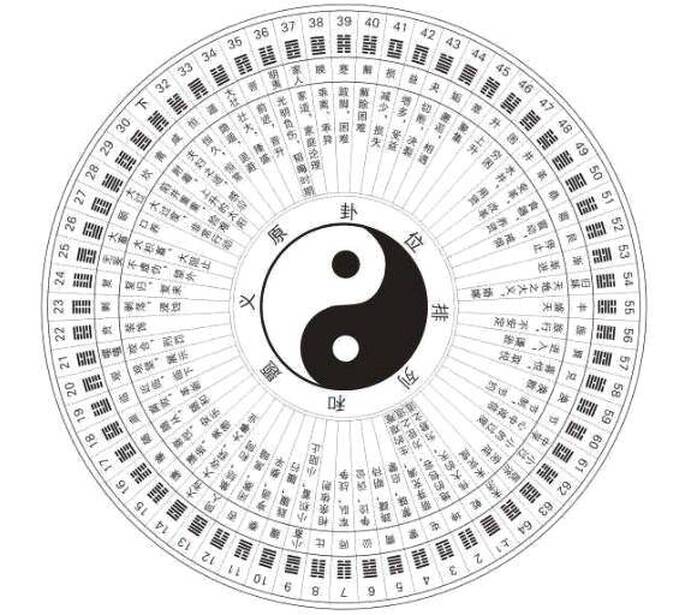
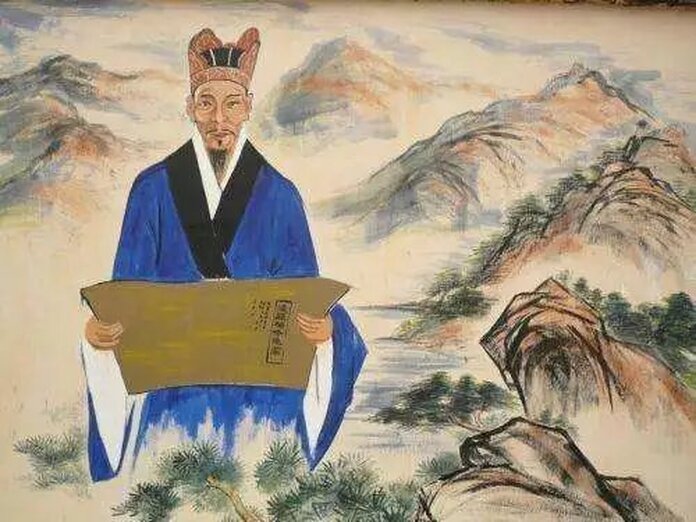
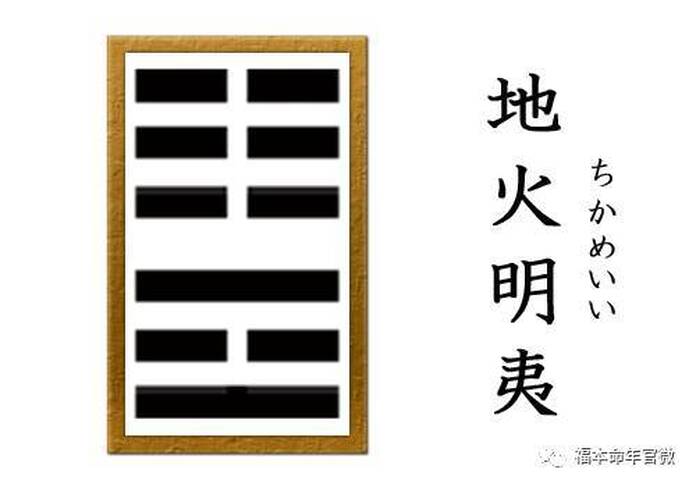

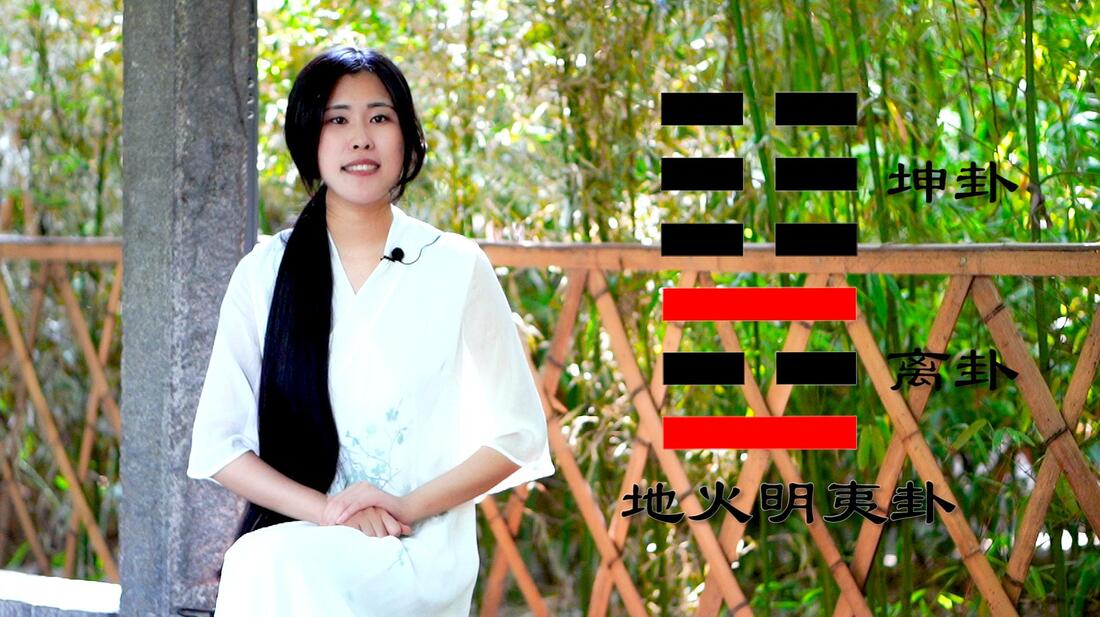
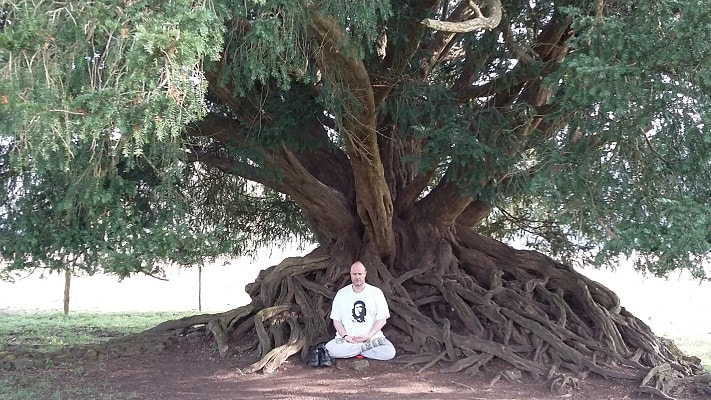
 RSS Feed
RSS Feed